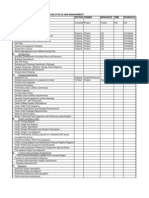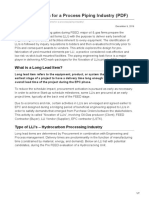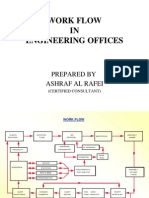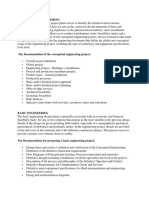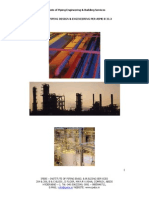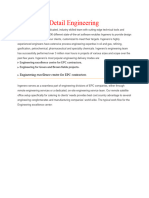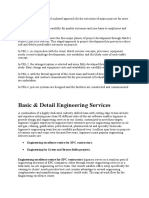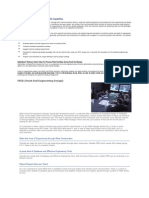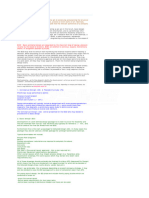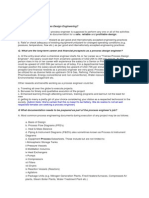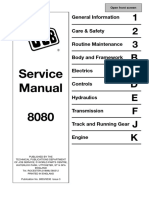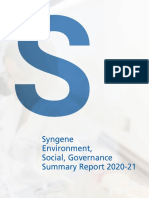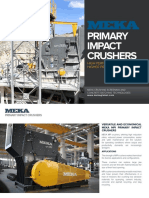0% found this document useful (0 votes)
438 views18 pagesEngineering Services for Oil & Gas
Ingenero provides a range of basic and detailed engineering services including conceptual design, basic engineering, front-end engineering design, and detail engineering. Their team of experienced engineers utilize state-of-the-art software and have expertise in various industries such as oil and gas, refining, petrochemicals, and more. They complete projects of all sizes for EPC contractors and greenfield/brownfield projects.
Uploaded by
M AhmadCopyright
© © All Rights Reserved
We take content rights seriously. If you suspect this is your content, claim it here.
Available Formats
Download as DOC, PDF, TXT or read online on Scribd
0% found this document useful (0 votes)
438 views18 pagesEngineering Services for Oil & Gas
Ingenero provides a range of basic and detailed engineering services including conceptual design, basic engineering, front-end engineering design, and detail engineering. Their team of experienced engineers utilize state-of-the-art software and have expertise in various industries such as oil and gas, refining, petrochemicals, and more. They complete projects of all sizes for EPC contractors and greenfield/brownfield projects.
Uploaded by
M AhmadCopyright
© © All Rights Reserved
We take content rights seriously. If you suspect this is your content, claim it here.
Available Formats
Download as DOC, PDF, TXT or read online on Scribd
/ 18



















